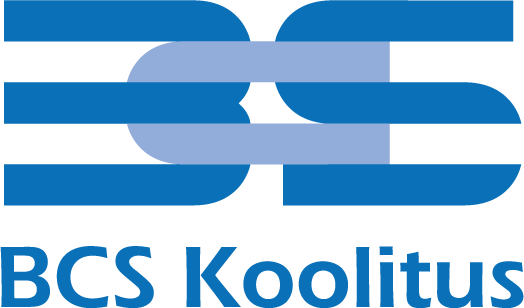
Incremental Software Analysis for Programmers (Clean Code Series III)
The course will be done in a practical manner. There is no room for comprehensive, one size fits all ideologies. Hence this workshop is not yet another UML promotion event. Rather it teaches a very eclectic, battle proven, hands-on approach to software design. The primary goal of which is to give developers a thinking tool to enable them to develop solutions in their heads, quickly visualize them for themselves and others, and in the end easily translate them into clean code.
Productivity starts with understanding. Understanding is the result of analysis. No programmer should start coding before he/she has understood, what the customer’s requirements really are. Clean code and sustainable productivity can only come from crystal clear understanding.
Unfortunately coding most often starts too early, i.e. without a proper design and without an unambiguous understanding. The reason: lack of a systematic approach to transform fuzzy ideas into tangible starting points for coding.
Use Cases, Epics, User Stories are useful tools – but in the end they, too, leave too many questions unanswered, the most important one being: Where is the single location in code representing a requirement?
Too often there is an impedance mismatch between the result of requirements analysis and what coding (or even design) need to progress smoothly.
In this workshop attendees will learn to go through a systematic multi-step process to slice requirements into unambiguously expressed focused behavior. They will use a visual language meaningful to a customer/Product Owner as well a precise in terms of programming artifacts. They will build problem relevant checklists to drive basic architectural decisions in cooperation with the customer/PO.
The goal of this approach is to enable teams to move forward in very small increments for frequent feedback and less waste. Software development will be done from the outside in with simple recommendations for a basic structure. High testability and automated tests are the result.
Target audience: Developers, software architects.
Learning methods: Practical exercise, independent work.
Assesment methods: Execution of independent work.
Assesment form: Independent practical tasks on relevant topics.
Trainer:
Ralf Westphal
You want to become a more productive software developer? Then systematic and visual problem solving is what you should focus on first. Effective and clean code starts long before you write the first line of code: it starts in your head. Ralf Westphal (https://ralfw.de) is trainer, consultant, coach for software architecture and clean code development. In 2008 he founded a clean code development initiative in Germany with a colleague. They were excited by Robert C. Martin’s book „Clean Code“ and thought that’s an important topic which needed more attention. Since then a discussion group on clean code on the German XING platform (a service like LinkedIn) has attracted more than 4500 members. He has done dozens of talks on the subject at developer conferences, written many, many articles on it, and have delivered more than 500 training days to hundreds of developers. His focus is on sustainable software development and making teams fit for a VUCA world. Since 1997 Ralf also has written extensively in blogs „(e.g. http://ralfw.de/blog)”, magazines, and books. In addition he’s been a speaker at developer conferences in Germany, Europe and abroad for the past 20+ years.
Koolitusfirma tutvustus
BCS Koolitus on Eesti juhtiv IKT valdkonna koolitus-, projektijuhtimis- ja konsultatsiooniettevõte. Loen koolitusfirma kohta veel...